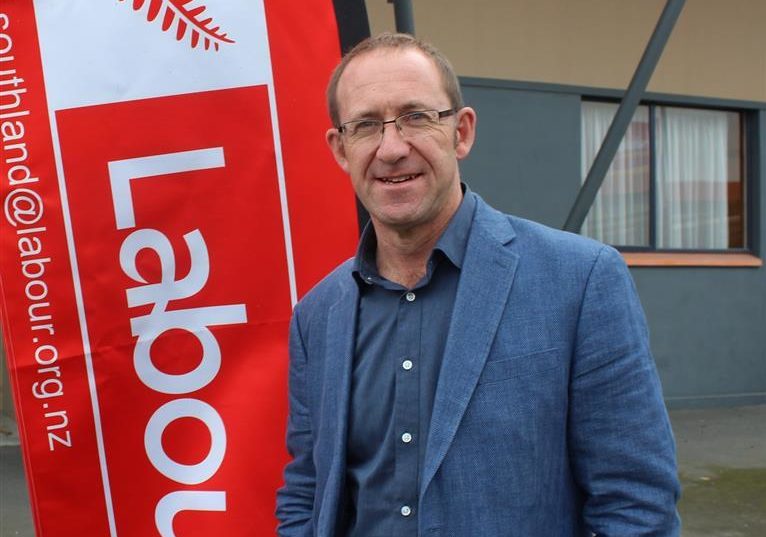The Labour and Green alliance could win September’s general election outright, without being held to ransom by Winston Peters. This statement defies the conventional wisdom of commentators, who are fixated by opinion polling that has Labour on around 30% of the vote. Unlike dialectical Marxists, the commentators struggle to grasp that stasis can give way to rapid change. On these polls, Labour’s support has edged up by 5 percentage points since the 2014 disaster. It is quite within the realms of possibility that between now and 23 September Labour could climb by a further 10 percentage points to reach 40 percent and the Greens to hold on to over 10 percent.
National is vulnerable on its record, particularly on housing and inequality. Its support is soft as evidenced by polls which show that while John Key was standing at 36-39 percent as preferred Prime Minister before quitting, Bill English is preferred by only 25-26 percent. To put these figures in perspective, Key was polling at over 60 percent as preferred PM before the 2014 election. English’s 25 percent is a good indication of National’s bedrock support. The rest is up for grabs. In 2014 the John Key factor was hugely influential in securing high party votes for National in electorates held by Labour MPs. National are far weaker now.
For Labour to take advantage of National’s frailty, and reap a swell of support, it must change course to the left. First and foremost Labour must stop blaming immigrants and turn their fire on National’s culpability for the housing crisis, inadequate services and clogged roads. Labour’s latest press release (19 May) is yet another missive on restricting immigration. The only things immigrant workers are guilty of are economic growth, working hard and paying taxes. It’s not their fault that the big increase in government revenues that they have brought about is not being spent where needed.
Secondly, Labour must drop their budget responsibility rules policy, which is a self-denying ordinance against public spending.
The Labour Party would do well to take note of their British counterpart’s leftwing election campaign under Jeremy Corbyn. There, Labour’s support has surged since the launch of its manifesto, titled ‘For the Many, Not the Few’. Polls showed Labour at 23-26 percent when Prime Minister Theresa May called the election on 18 April. A month on, Labour’s support now stands at 34-35 percent, and this is despite the Blairite majority of Labour MPs constantly sabotaging their own party (they want Corbyn’s Labour to badly lose June’s election) and an incredibly hostile media.
In New Zealand, Labour has a big, juicy target in National’s housing crisis. Somehow Labour threatens to fluff this golden opportunity. Labour’s housing policy starts with the words ‘Labour will ban foreign speculators from buying existing New Zealand homes’. Blaming foreigners again. Pathetic!
Labour has a decent policy of turning Housing New Zealand into a public service, stopping state housing sell-offs and ending a rate of return to government books. The missing ingredient is a pledge to massively build state houses for genuinely affordable rent. Labour says only that they will “substantially increase” state houses; in other words, hardly increase at all.
Instead of a massive programme of building state houses for affordable rent, the flagship of Labour’s housing policy is a conservative proposal to prime start the building of houses for sale. Sales would fund further building, and so on. The problem with this home ownership scheme – dubbed Kiwibuild – is that the pricings are beyond the reach of people on low incomes. Labour says that their houses in Auckland will cost $500,000 to $600,000.
The general election is for the Labour-Green alliance to lose. So far, Labour’s rightwing policies do not inspire any confidence that they will motivate enough support. Labour’s prospects cry out for leftwing policies to meet the needs of working people. No doubt, we will wait in vain for Labour to turn left.









